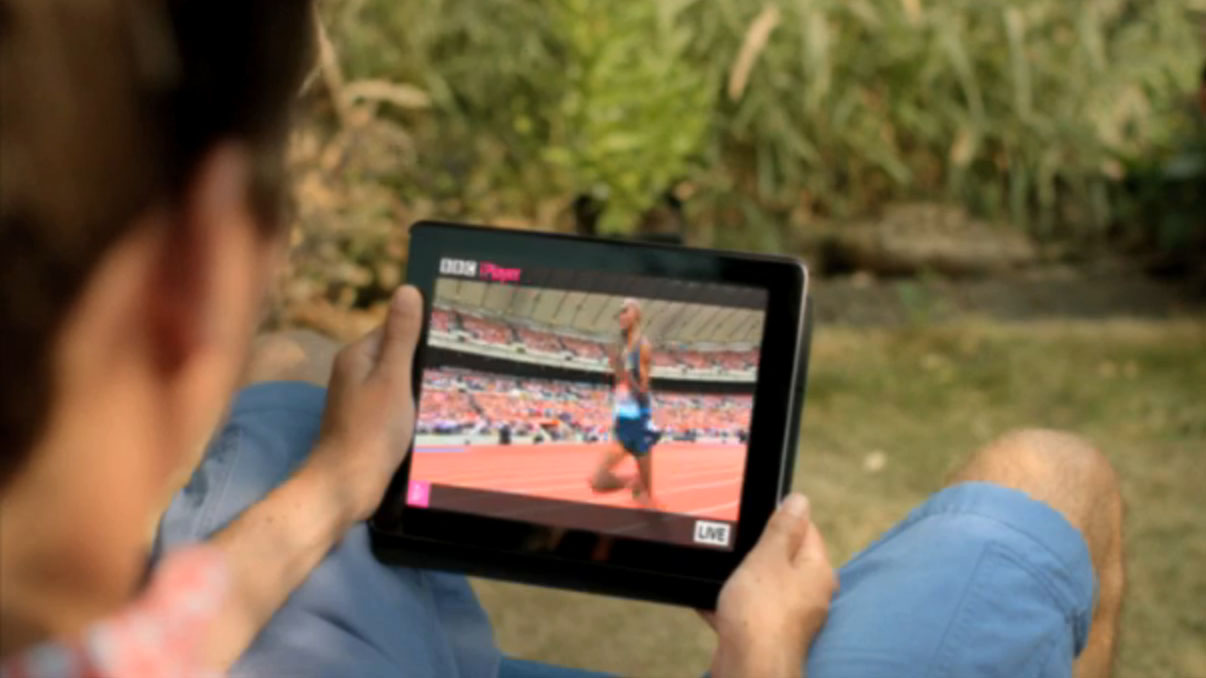How the BBC won streaming, Britain lost at broadband and the web changed everything

It's been a good week for TV: the BBC's excellent iPlayer has taken a big leap into the future with "a more exciting experience" that changes iPlayer "from TV online to online TV".
It's simpler to look at, easier to browse and more about discovery: the search is smarter and the BBC will use its recommendation algorithms to identify other programs you might like.
"The BBC is the Apple of internet TV," we reckon: "It didn't invent the technology, but it looked at the sorry job everybody else was doing and came up with a better way of doing it."
iPlayer drove demand for faster broadband, "and ultimately that changed the kind of internet connections people bought." The new version isn't just a nice player, though: it's about something more significant. "TV is no longer something that tells you what to watch and when.
It's becoming something that comes to you when and where you want it, time-shifted and caught-
up and on-demand instead of broadcast through the ether. It's TV with recommendation engines instead of the Radio Times, where viewers choose programmes on the basis of Facebook Likes, not listings."
iOS intrigue
Good news for anyone whose iPad keeps rebooting for no good reason: iOS 7.1 is out, and in addition to bug fixes it introduces some interface tweakery, new features and a brand new voice for the UK Siri. The female voice isn't a patch on OS X's Fiona, but it and the improved male voice do mean Siri no longer sounds like you're talking to a game show announcer.
iOS 7.1 also brings CarPlay to iOS, and while the announced systems are all manufacturer-installed so far, we're hearing encouraging noises from the likes of Pioneer about CarPlay-enabled retro-fit kit. Why should new-car owners have all the fun?
Sign up for breaking news, reviews, opinion, top tech deals, and more.
The latest iOS also includes some hints of forthcoming iPad models. iPads 4.3 and 4.6 may be this year's successors to the iPad Air and iPad mini respectively, or the might just be minor model revisions for the Chinese market. Nobody knows, and while there's no other information about them whatsoever that won't stop the more excitable bits of the rumour mill predicting 42-inch touchscreens and fingerprint sensors that can read your darkest thoughts.
How Britain killed its broadband
On the subject of darkest thoughts, if you're old enough to remember Margaret Thatcher - depending on your political persuasion, either the greatest PM the UK ever had or a slightly more frightening Zelda from Terrahawks - there's a whole new reason to think poorly of her: as we discovered this week, her government took the UK's lead in super-fast broadband and threw it away, with terrible results.
Jay McGregor spills the beans. "In 1990, a single decision by then-Prime Minister Margaret Thatcher had a devastating effect on the UK's broadband infrastructure for the next 20 years and for the foreseeable future." At the time, the UK was leading the way in fibre-optic technology - but the Prime Minister's government decided BT was getting too big for its broadband boots and shut down the rollout.
As former BT chief technology officer Peter Cochrane told Techradar: ""Our colleagues in Korea and Japan, who were working with quite closely at the time, stood back and looked at what happened to us in amazement." They carried on rolling out fibre. We didn't, and we've been in the slow lane ever since.
Still, it's not all bad: as Sir Tim Berners-Lee, who invented the world wide web 25 years ago this week, points out, we can use the internet to look at kittens. Not only that, but the web has "transformed society, changed the way we live, love and learn, and introduced us to furries, bronies and Nyan Cat."
- We've been sharing our stories of how the web changed our world, and we'd love to hear yours.
The TechRadar hive mind. The Megazord. The Voltron. When our powers combine, we become 'TECHRADAR STAFF'. You'll usually see this author name when the entire team has collaborated on a project or an article, whether that's a run-down ranking of our favorite Marvel films, or a round-up of all the coolest things we've collectively seen at annual tech shows like CES and MWC. We are one.